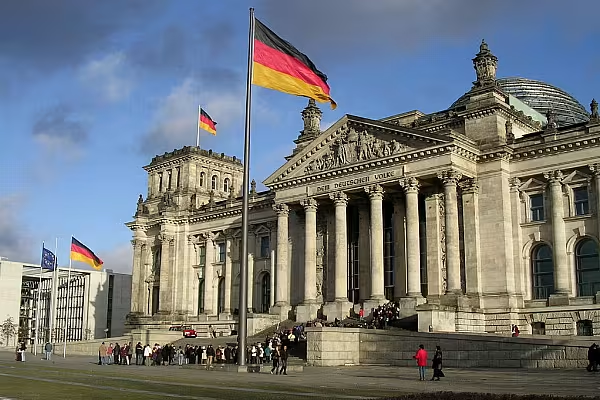Most German exporters see trade declining or even strongly declining in 2023, the Federation of German Wholesale, Foreign Trade and Services (BGA) has said.
A BGA survey of 530 companies, which was conducted in July and August shows that 63% of respondents expect trade to decline or strongly decline in 2023. Only 6% expect a better or much better development, while 31% expect no change.
"These are alarming values," Dirk Jandura, president of the BGA, said while presenting the survey.
The reasons for the pessimistic mood among exporters are linked to the weak economic situation in Asia and South America, according to the BGA.
"Every fourth job in Germany depends on exports. Our economic and business model is therefore in danger," Jandura said.
Stagnant Trade
Trade will stagnate at best this year, Jandura said. Next year is still difficult to estimate, but at least the first quarter will also be difficult, he added.
Jandura criticised the European Union Corporate Sustainability Due Diligence, which makes it mandatory for large companies to check whether their suppliers are using child labour or damaging the environment.
"It will be a burden for our small and medium companies," Jandura said, arguing that it will increase bureaucracy and legal uncertainties.
He also said the European Union's record in terms of concluding and ratifying new trade agreements was meagre.
A trade agreement between the European Union and Mercosur states – Argentina, Brazil Paraguay and Uruguay – has still not been ratified after years of negotiations, and a modernisation of the agreement with Mexico is still pending, he said.
"In Brussels, a weighty German voice for free trade is missing," Jandura said.











